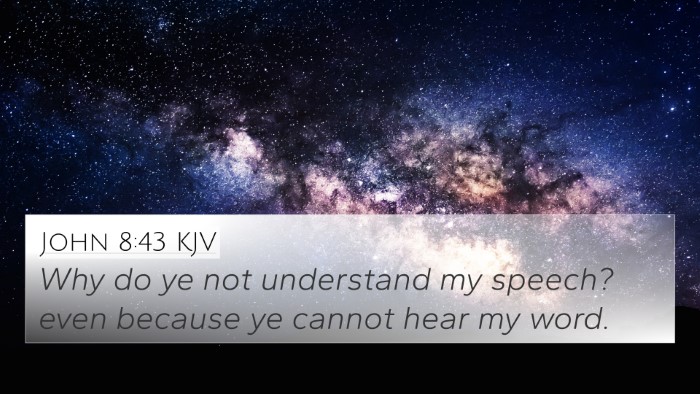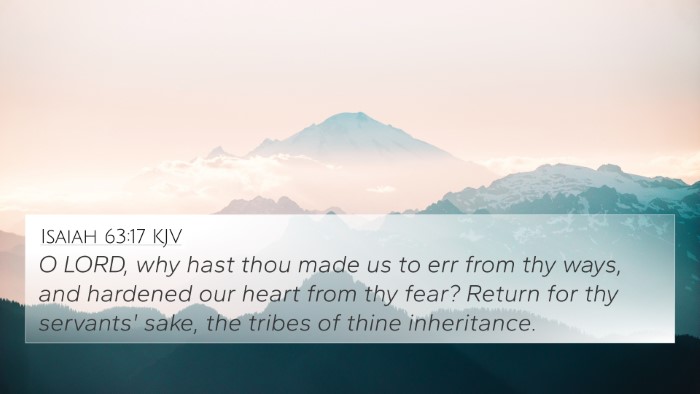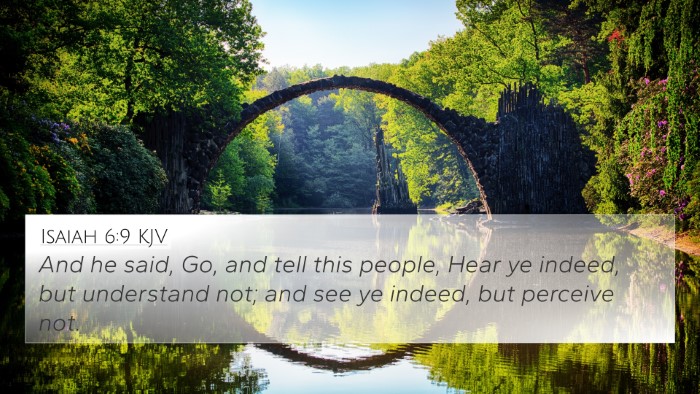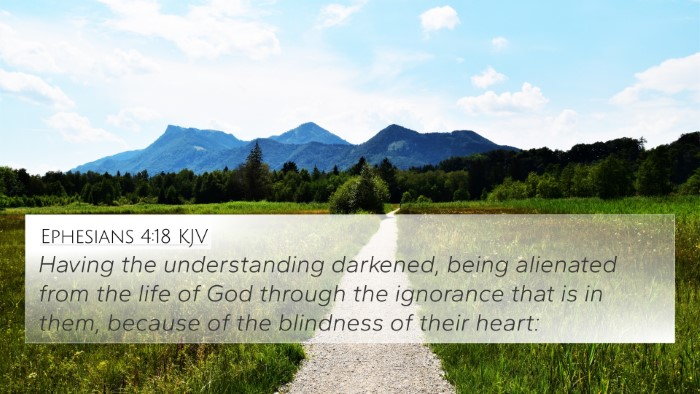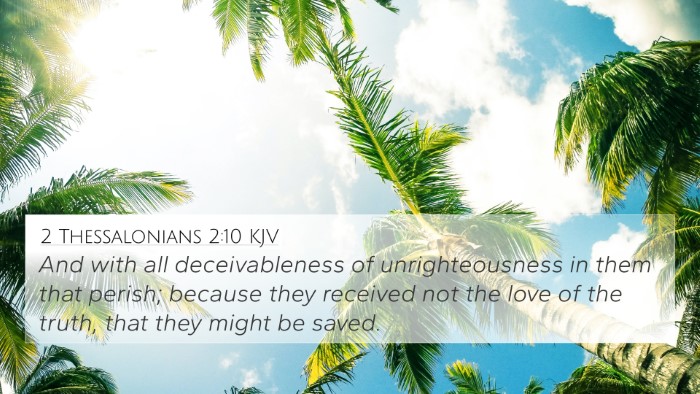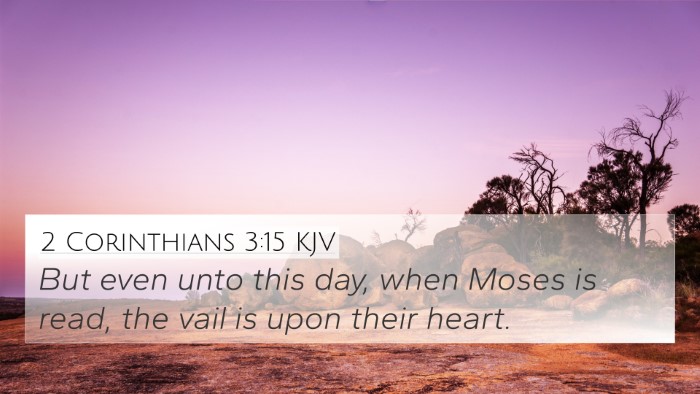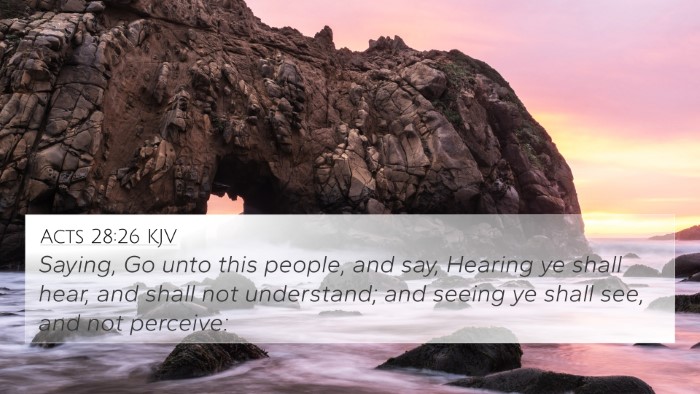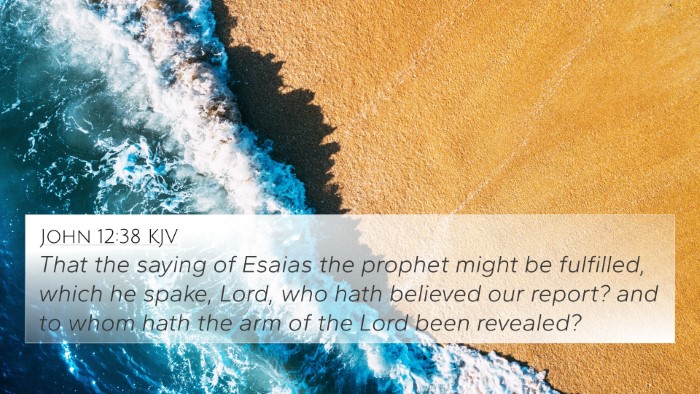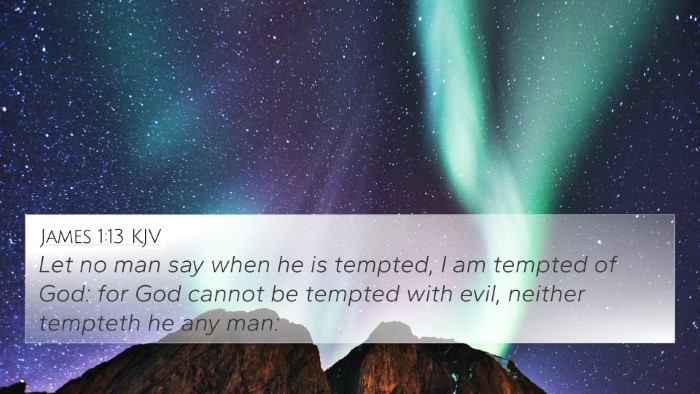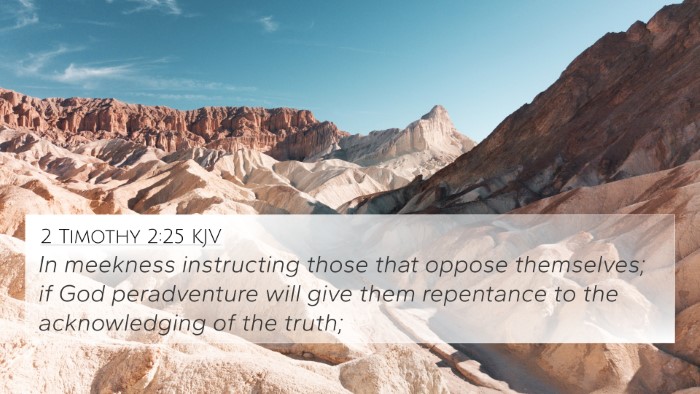Understanding Deuteronomy 29:4
Verse: "Yet the LORD hath not given you a heart to perceive, and eyes to see, and ears to hear, unto this day." (Deuteronomy 29:4)
Contextual Analysis
In this verse, Moses speaks to the Israelites who are on the brink of entering the Promised Land. He reflects on their history, emphasizing their stubbornness and lack of insight despite witnessing God's mighty acts.
Commentary Insights
Matthew Henry’s Commentary
Matthew Henry highlights that the Israelites had seen numerous miracles, yet they did not grasp or acknowledge God's workings in their lives. This indicates a spiritual blindness that comes from a hardened heart. He notes that the giving of a perceptive heart, ears, and eyes is a divine operation that must come from God.
Albert Barnes’ Notes
Albert Barnes discusses the divine aspect of understanding God's truth. He emphasizes that physical sight or hearing does not guarantee comprehension or belief. Barnes suggests that the lack of spiritual perception is a serious condition, one that only God can remedy. The verse serves as a warning about the importance of receptivity to divine instruction.
Adam Clarke’s Commentary
Adam Clarke points out that this verse reveals the concept of divine sovereignty in imparting understanding. The phrase suggests that, despite all evidence of God’s power and promises, the people remain unaffected until God chooses to open their hearts and minds to perceive His truths. Clarke stresses the necessity of divine assistance in gaining spiritual enlightenment.
Thematic Bible Verse Connections
Deuteronomy 29:4 also links to several other verses in the Bible that discuss understanding, receptiveness, and God's divine intervention. Here are some connections:
- Isaiah 6:9-10: Discusses God commissioning Isaiah to speak to a people who will not understand.
- Matthew 13:14-15: Jesus references Isaiah, indicating that some hear but do not understand.
- Romans 11:8: Talks about the spirit of slumber that has come upon Israel.
- John 12:40: Quoting Isaiah, indicating that God has blinded their eyes and hardened their hearts.
- 2 Corinthians 4:4: Paul speaks of the god of this world blinding the minds of unbelievers.
- James 1:5: Encouragement to ask God for wisdom, who gives to all liberally.
- 1 Corinthians 2:14: Highlights that spiritual truths are discerned spiritually, not by the natural man.
- Psalms 119:18: A prayer for God to open the eyes to see wondrous things in His law.
- Proverbs 2:6: Stresses that the Lord gives wisdom.
- Luke 24:45: Jesus opens the disciples’ understanding to comprehend the Scriptures.
Tools for Bible Cross-Referencing
To delve deeper into cross-referencing and thematic study of the Bible, consider utilizing the following resources:
- Bible Concordance: A comprehensive tool that lists words and phrases along with their occurrences in Scriptures.
- Bible Cross-Reference Guide: A guide that highlights related verses for deeper study.
- Cross-Reference Bible Study: Methods and tools that make connections more accessible and easier to study.
- How to Use Bible Cross-References: A practical approach to navigating thematic connections.
- Bible Reference Resources: Collections for deeper understanding of scriptural texts.
Why Cross-Referencing is Important
Cross-referencing verses enhances the understanding of biblical themes and principles, allowing for a comprehensive study of God's Word. It highlights the continuity and interconnection of Scripture across the Old and New Testaments. The verse in Deuteronomy serves as a reminder of our need for God's intervention to perceive spiritual truths.
Conclusion
In conclusion, Deuteronomy 29:4 provides a solemn reflection on the necessity of divine insight and understanding. The interplay between human receptivity and God's sovereign grace is evident in this passage and echoed throughout Scripture. It calls believers to seek God's insights actively with a prayerful heart, acknowledging that true understanding comes from Him alone.



